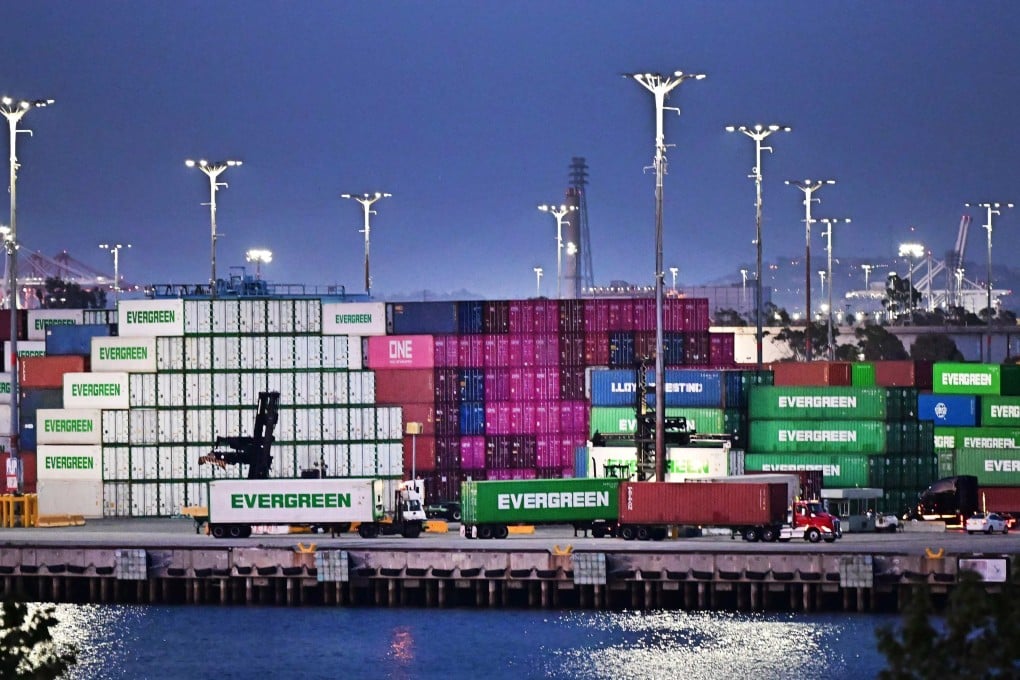For US ports and jobs tied to them, Trump’s tariffs offer front-row seat on ‘bumpy’ ride
Logistics and trade-dependent businesses find their operations in disarray as supply-chain analysts warn of greater uncertainty

Ports, logistics and trade-dependent businesses are finding their operations in disarray, while supply-chain analysts warn of greater uncertainty, rerouting, uneven port utilisation, slowed trade and job losses becoming the new norm.
“Buckle up, this is going to get really bumpy for us,” said Gene Seroka of the Port of Los Angeles, where goods from China account for nearly 45 per cent of total volume, on Friday.
The adjacent ports of Los Angeles and Long Beach together handle roughly one-third of all containerised cargo entering the US. Any short-circuiting of their operations could have ripple effects at other ports worldwide, upending trade networks that have evolved over decades.
As front-loading continued, the port handled more than 300,000 container units in March – up 1.6 per cent from a year earlier. From January-to-March, China logged a surplus of US$76.6 billion in units with the US.